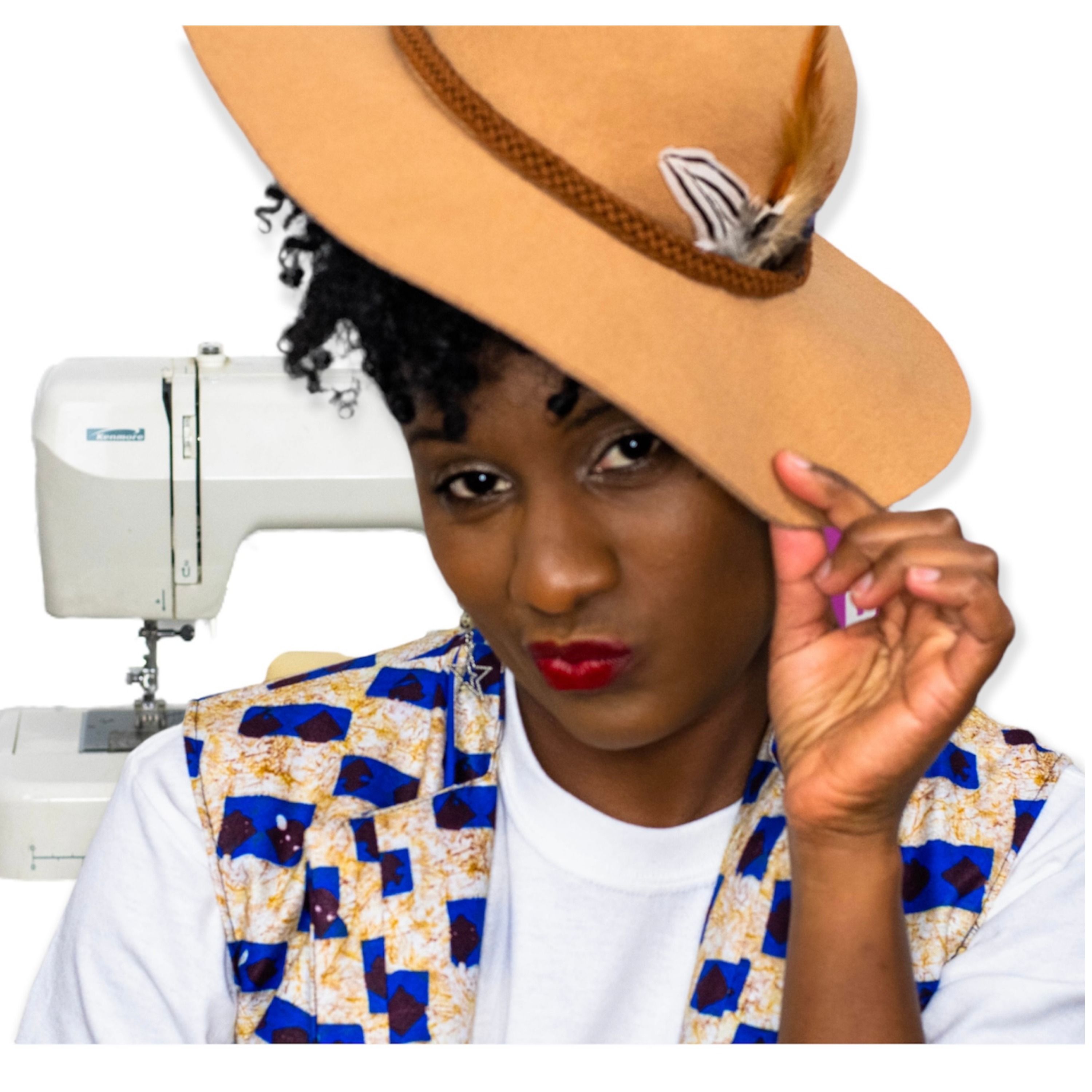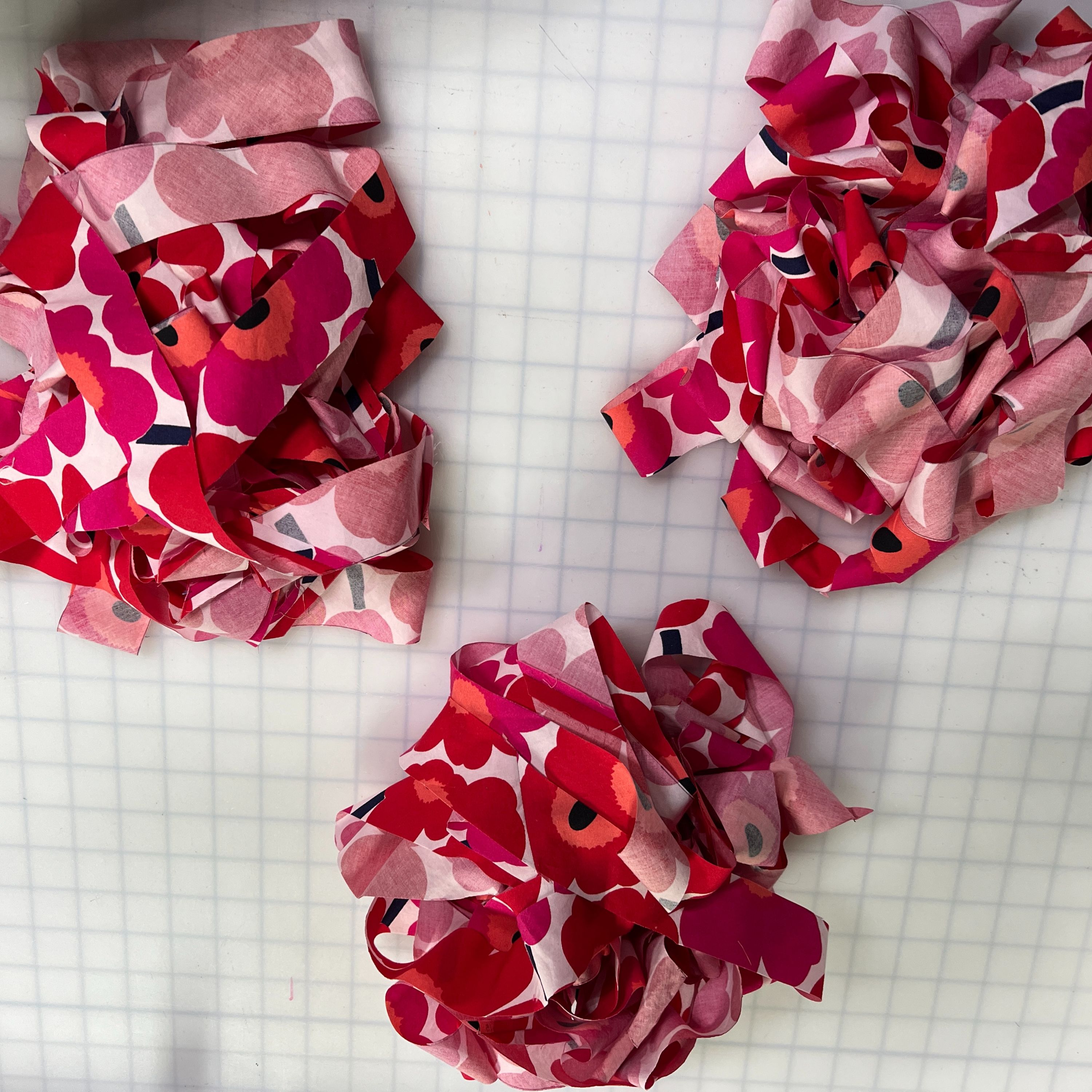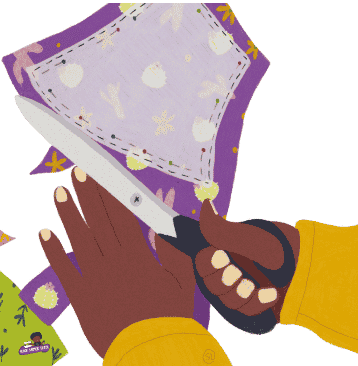Upcoming Sewing Retreats and Events
That's Sew Monica and Stitched with Style
Project Sew Atlanta: one day workshops can give you a feel for if you like retreats or not.
An Afro Modern Quilt Weekend with Carole Lyles Shaw
A Wine Lover's Quilt Retreat hosted by Lisa Shepard Stewart of Cultured Expressions
Support the Stitch Please podcast and Black Women Stitch
$15 to the Paypal account for a Black Women Stitch lapel pin! DM or email your mailing to address for free shipping.
Support also appreciated here:
Sign up for the Black Women Stitch quarterly newsletter
Check out our merch here
Leave a BACKSTITCH message and tell us about your favorite episode.
Join the Black Women Stitch Patreon
Check out our Amazon Store
Stay Connected:
YouTube: Black Women Stitch
Instagram: Black Women Stitch
Facebook: Stitch Please Podcast



